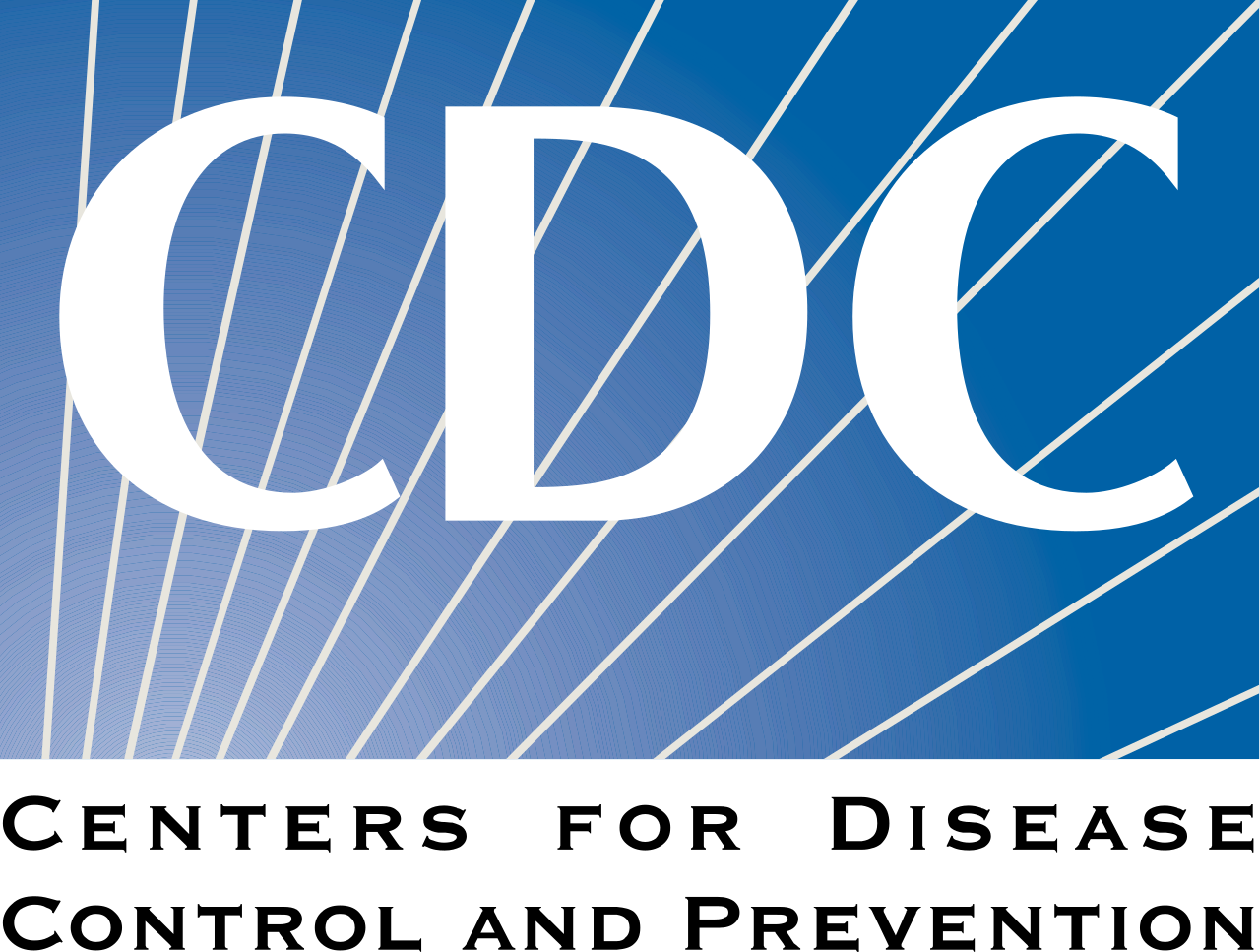There has been cases of bird flu in France which has
doubled since Friday as reported by the Ministry of Agriculture with a total of
61 on 22 December, 2015 compared with 30 at the end of previous week. In a statement, the Ministry of Agriculture said the 61
cases now covered six regions in south-west France, with the Haute-Pyrenees
department the latest to have recorded cases close to the Spanish border.
although the French Minister for Agriculture Stephane Le Foll said that the outbreak was under control, farmers in the Landes region, which has 27 cases, have now lost tens of thousands of birds. However, the sequencing of the H5N1
strain detected in the first outbreak in the Dordogne at the end of November
has confirmed the absence of key markers, meaning there is no danger to humans,
the ministry confirmed.
According
to the latest analysis published by the Animal Plant Health Agency (APHA), the
risk of bird flu spreading from France to the UK remains low but heightened.
APHA Head of Virology, Professor Ian Brown and Dr Helen Roberts, of APHA’s
international disease monitoring team said the risk to the UK as a result of
the French outbreaks was primarily around pathways which involve lapses in
biosecurity or trade routes, rather than through wild birds. The pair said the
French outbreaks were wholly of European origin.
The situation in France simply reinforces what we already know that low pathogenic avian influenza viruses [LPAI] circulate in wild birds and cause occasional
spillover outbreaks in poultry. These may be difficult to detect in domestic
waterfowl species and they may then mutate into [highly pathogenic avian influenza
(HAPI)] viruses. The
cases in a France may be related but whether the index case for LPAI and
HPAI mutation has been found is unclear.
In the run-up to Christmas, the agency reminded poultry keepers to maintain high standards of biosecurity, remain vigilant and report any signs of animals
showing sickness.
-Farmers weekly (http://www.fwi.co.uk/poultry/bird-flu-cases-in-france-double-in-less-than-a-week.htm)
